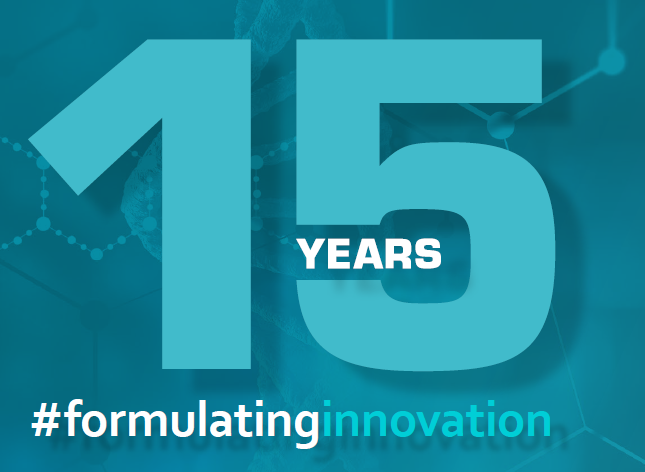Fourier transform infrared (FTIR) microscopy
Visualization and identification of particles in (bio)pharmaceutical samples by FTIR
Fourier transform infrared (FTIR) microscopy combines the power of an optical microscope with the analytical capabilities of FTIR spectroscopy. This combination is of great value for particle characterization and identification.
Identification of individual particles
A major benefit of FTIR microscopy is the possibility to distinguish between non- proteinaceous and proteinaceous particles and to identify the nature of the non-proteinaceous particles. Our cutting-edge equipment allows us to analyze samples without the need for liquid nitrogen cooling in transmission-, reflection- and also attenuated total reflection (ATR) mode. This reduces the need for sample preparation and enables a variety of applications.
To perform FTIR microscopy, (sub)visible particles present in a sample are first isolated on a filter, preferably a metal-coated membrane or a gold filter. Next, bright field images are taken from the particles and IR spectra are obtained for each individual particle. By using either the ATR or the transmission mode, spectra from particles as small as ca. 20 µm can obtained. Hereby, the absorption of light due to molecular vibration is detected in the wavelength range from 0.8 to 1000 µm (usually expressed as wavenumbers from 12,500 cm-1 to 10 cm-1). The resulting spectra is used to identify a wide range of compounds by comparing the measured spectra to spectral databases or reference compounds provided by our clients.
FTIR microscopy is very powerful for troubleshooting and root-cause analysis. Coriolis offers FTIR microscopy as a stand-alone service or as part of a particle identification study or formulation development program.
Quality & biosafety level of this method
We provide all our analytical services with the highest quality standards. Each project is carried out by experienced scientists and every report or data presentation is comprehensively checked by a scientific reviewer. We offer this technology with the following quality and biosafety level:
Standardized methods or dedicated method development
For common sample types, we can often apply standardized methods with little setup effort. On top of this, our experienced analytical scientists perform in-depth method development or method optimization tailored to your drug substance, product type and development phase.
Method development
During method development, we tailor sample preparation, method settings, and data analysis to the needs of your project and sample.
For this purpose, we include a representative sample and, where available, suitable reference standards and stressed/degraded materials. This way, our analytical scientists can design a method that is highly suitable for your needs, stability indicating, as well as robust and repeatable. Upon request, we compile a detailed method description for your records.
This can be applied under R&D. Read more
Method qualification
A method qualification is the initial assessment of the performance of an analytical procedure to show that it is suitable for the intended purpose.
During method qualification, our analytical scientists perform a documented testing that demonstrates that the analytical procedure meets certain acceptance criteria in several categories. These may include repeatability, linearity, intermediate precision, robustness and more. We compile a qualification plan and a qualification report including all relevant data.
This can be applied under R&D. Read more
Contact us
Contact us
Do you have any questions? Want to analyze your samples?


